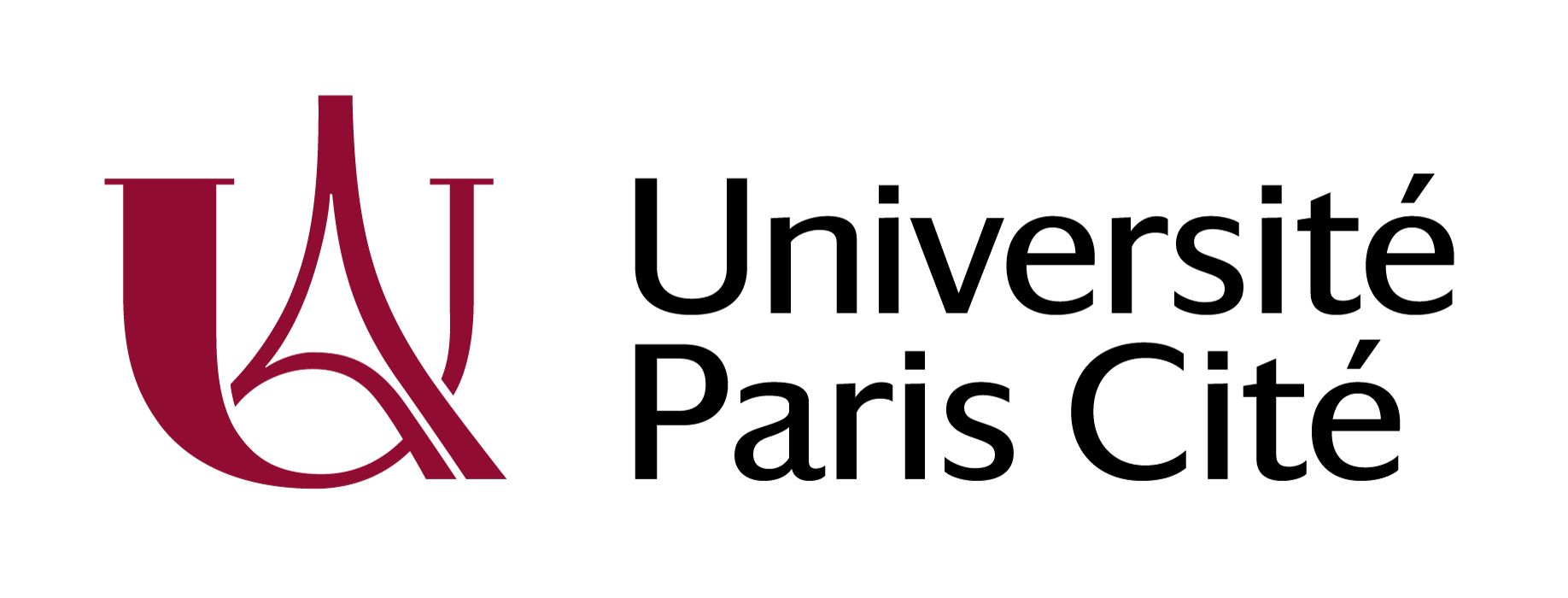Modal markers as potential sources of interpretation bias in translated medical abstracts
Résumé
Epistemic modal markers are frequent in medical discourse (Salager-Meyer, 1992 and Vold, 2006), as they are used to construct the rhetorical strategies of hedging and boosting through which authors position themselves on the continuum of (un)certainty. The choice of these expressions is dictated, among others, by the communicative purpose of the discourse and the level of claim the authors wish to make (Salager-Meyer, 1996). Research article abstracts serve as a basis for medical decision-making (Yavchitz, 2015) and their communicative function is the accurate transmission of research results into medical practice. In Cochrane medical abstracts, epistemic modal markers such as ‘probably’ or ‘may’ are used to convey different levels of proof and confidence in the results (Glenton, Santesso, Rosenbaum, Nilsen, Rader, Ciapponi & Dilkes, 2010).
The use of hedging and boosting strategies differs between English- and French-language authors, the latter having a reputation for being less hedged and more affirmative than the former (Salager-Meyer, Ariza & Zambrano, 2003). These differences in modalisation strategies are also reflected in translations from English to French, and crucial in the correct decoding of the target language (Pilegaard, 1997). The modal auxiliary ‘may’, for instance, is used in medical abstracts as an epistemic as well as evidential marker (Alonso-Almeida & Cruz-García, 2011). In the Cochrane abstracts corpus compiled for our preliminary study (Martikainen, 2017), ‘may’ is translated mainly (49%) by the indicative mode of the verb ‘pouvoir’, which is naturally more affirmative than the conditional mode used in 35% of the cases. The first translation solution is therefore likely to positively bias readers’ interpretation of results, in regard of the level of certainty conveyed by ‘may’.
Using a context-specific typology drafted for this purpose, we will conduct a corpus study on sources of bias in translated Cochrane abstracts that will establish the frequency of modal sources of bias by type (auxiliaries, epistemic verbs, adjectives and adverbs, modal clusters) and comparatively to other sources of bias, namely certain translation errors. We will also encode their impact (positive/negative) on the level of certainty. We hypothesize that the more affirmative writing style of French scientific discourse will also be perceptible in translated abstracts, in which we expect to see a tendency towards positively biased translations of epistemic modal markers of hedging and boosting.
